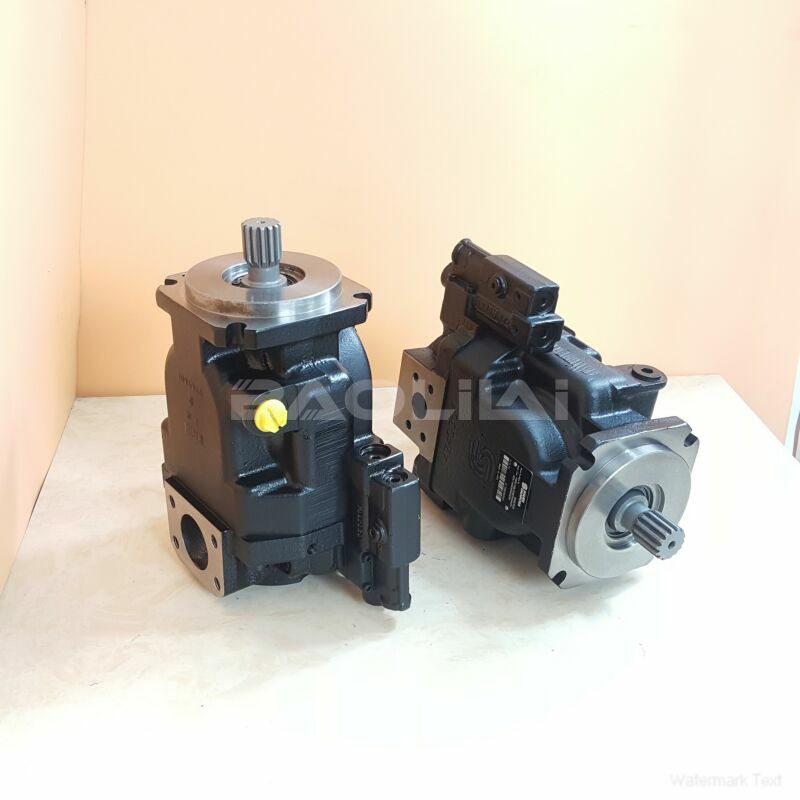FRR074BLS2618NNN3S1B2A1NNNNNNNNNN piston pump
FRR074BLS2618NNN3S1B2A1NNNNNNNNNN piston pump

- Product Details
- Applicable Scene
Injectable drug manufacturing is a critical component of modern medicine, allowing for the delivery of therapeutic agents directly into a patient’s bloodstream or tissue. The process requires precision, reliability, and stringent adherence to regulatory standards. One of the key pieces of equipment that plays a vital role in this process is the high-pressure pump. These pumps are essential for ensuring that injectable drugs are produced safely, efficiently, and with the desired consistency.
FR-R-074B-LS-26-18-NN-N-3-S1B2-A1N-NNN-NNN-NNN
FRR074BLS2618NNN3S1B2A1NNNNNNNNNN
High-pressure pumps serve several crucial functions in the manufacturing process of injectable drugs. First and foremost, they facilitate the accurate and controlled dosing of drug formulations. This is particularly important in the production of parenteral products, where the correct dosage is pivotal for patient safety and efficacy. High-pressure pumps can deliver precise amounts of liquids, thus minimizing the risk of under-dosing or overdosing the end product.

83033022
Moreover, these pumps are essential for the compounding of drug formulations that may involve the mixing of various components. Unlike oral medications, injectable drugs often require sterile conditions and precise formulation to ensure stability and bioavailability. High-pressure pumps can help achieve homogenous mixtures by providing consistent shear rates and allowing for the integration of active pharmaceutical ingredients (APIs) and excipients. This kind of efficient mixing is fundamental for ensuring that each batch of injectable medicine has uniform characteristics, which is crucial for regulatory compliance.
Additionally, high-pressure pumps are used in the sterilization process, particularly in the production of aseptic injectable drugs. Certain high-pressure systems can assist in the sterilization of drug solutions through methods such as superheated water or steam. This step is critical to eliminate microbial contamination, providing further assurance of safety for patients receiving these medications. The ability of high-pressure pumps to sustain required pressure levels during these processes improves the overall effectiveness of sterilization.





